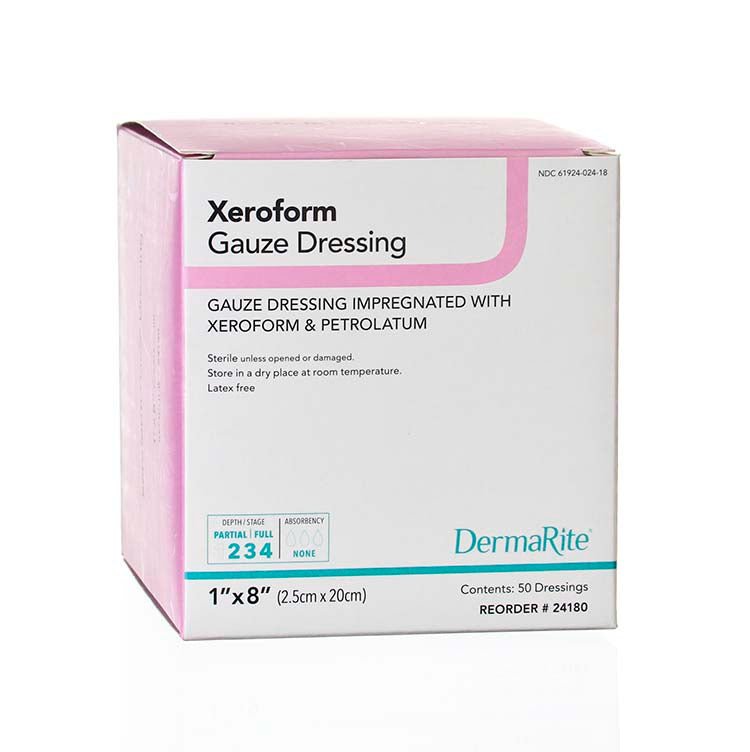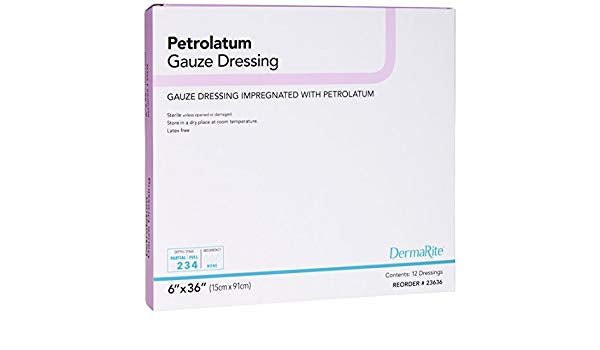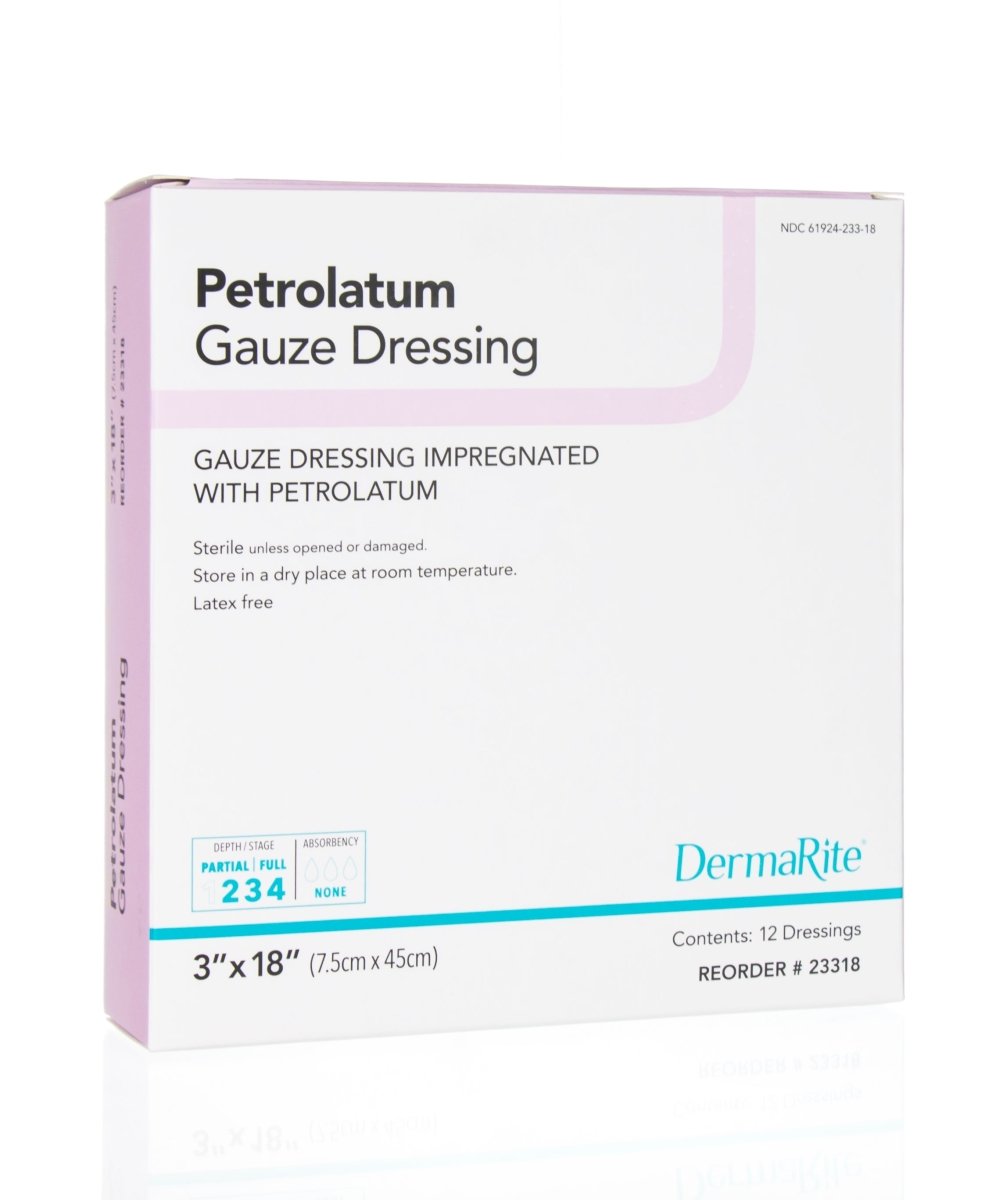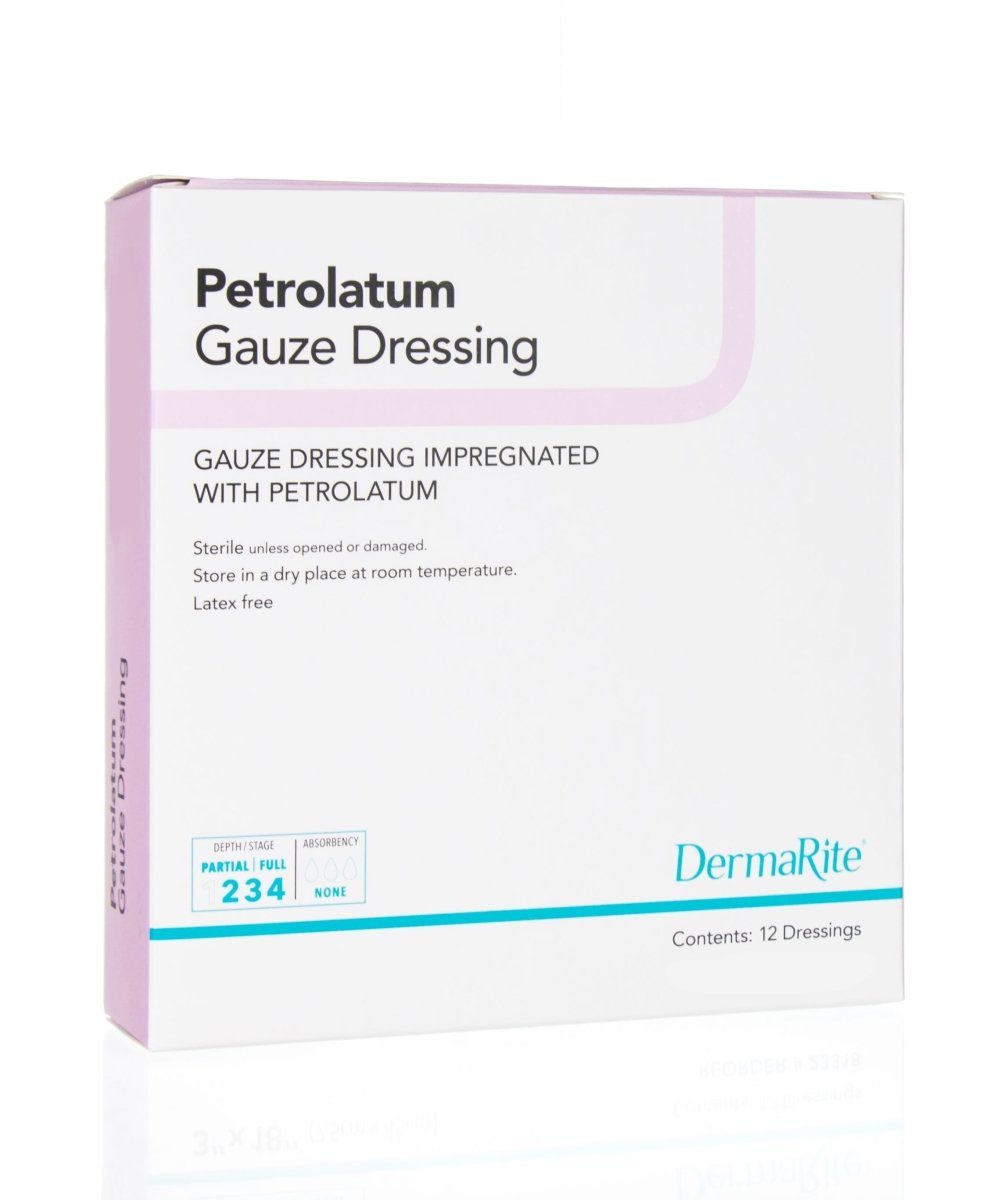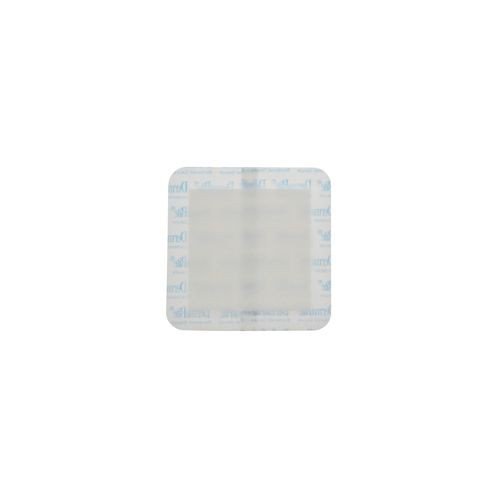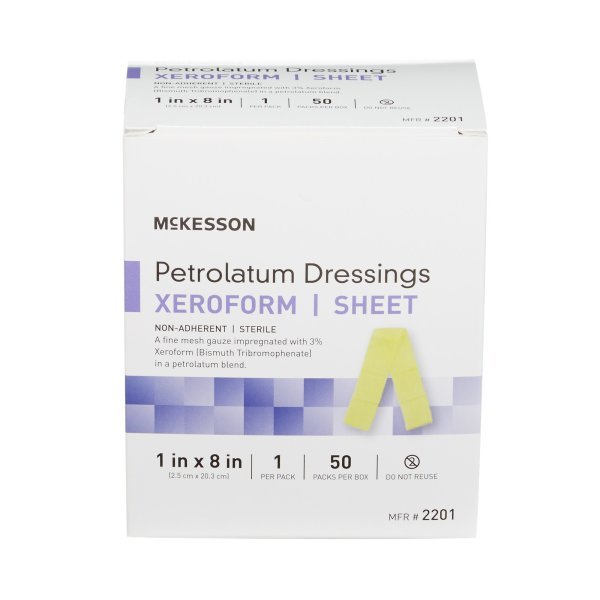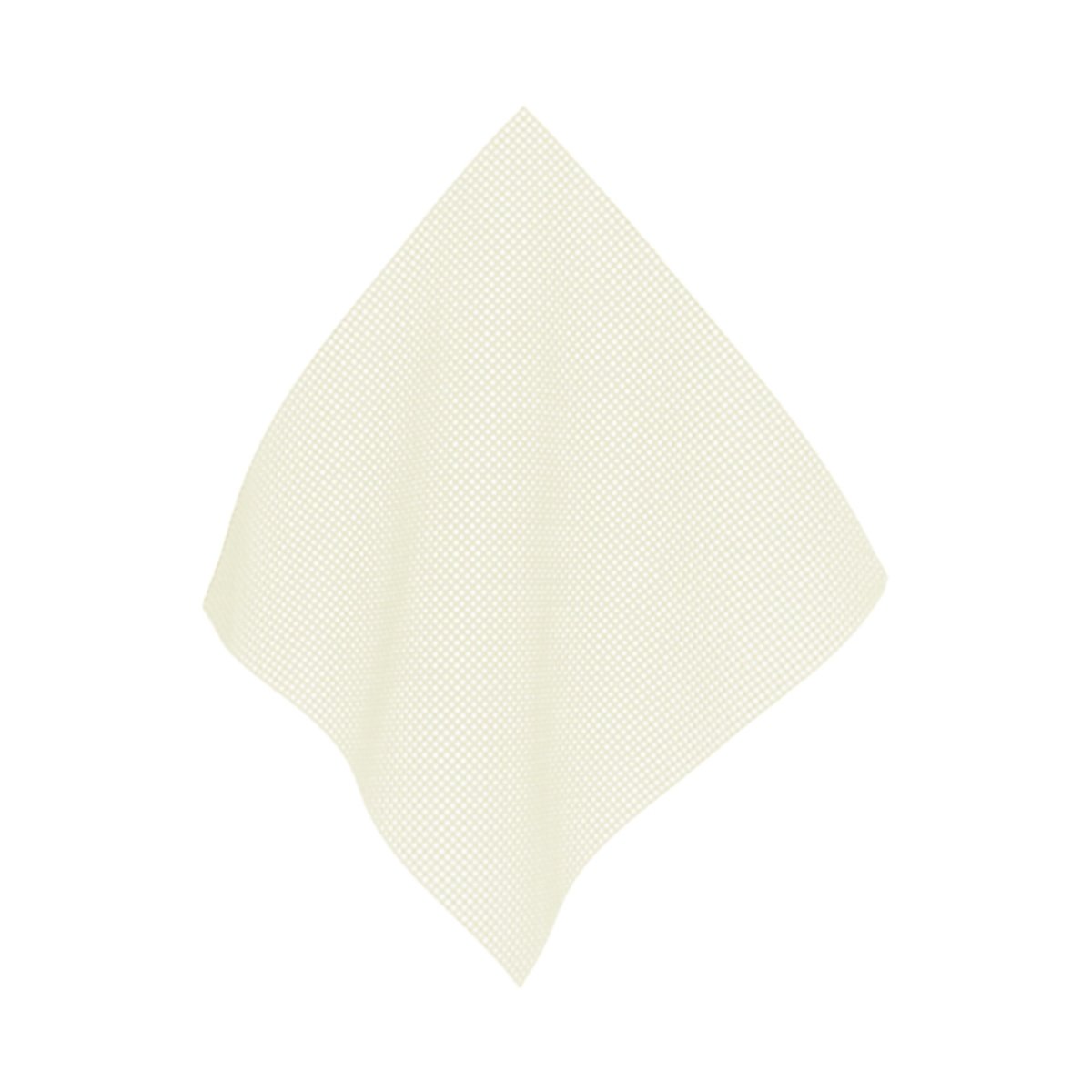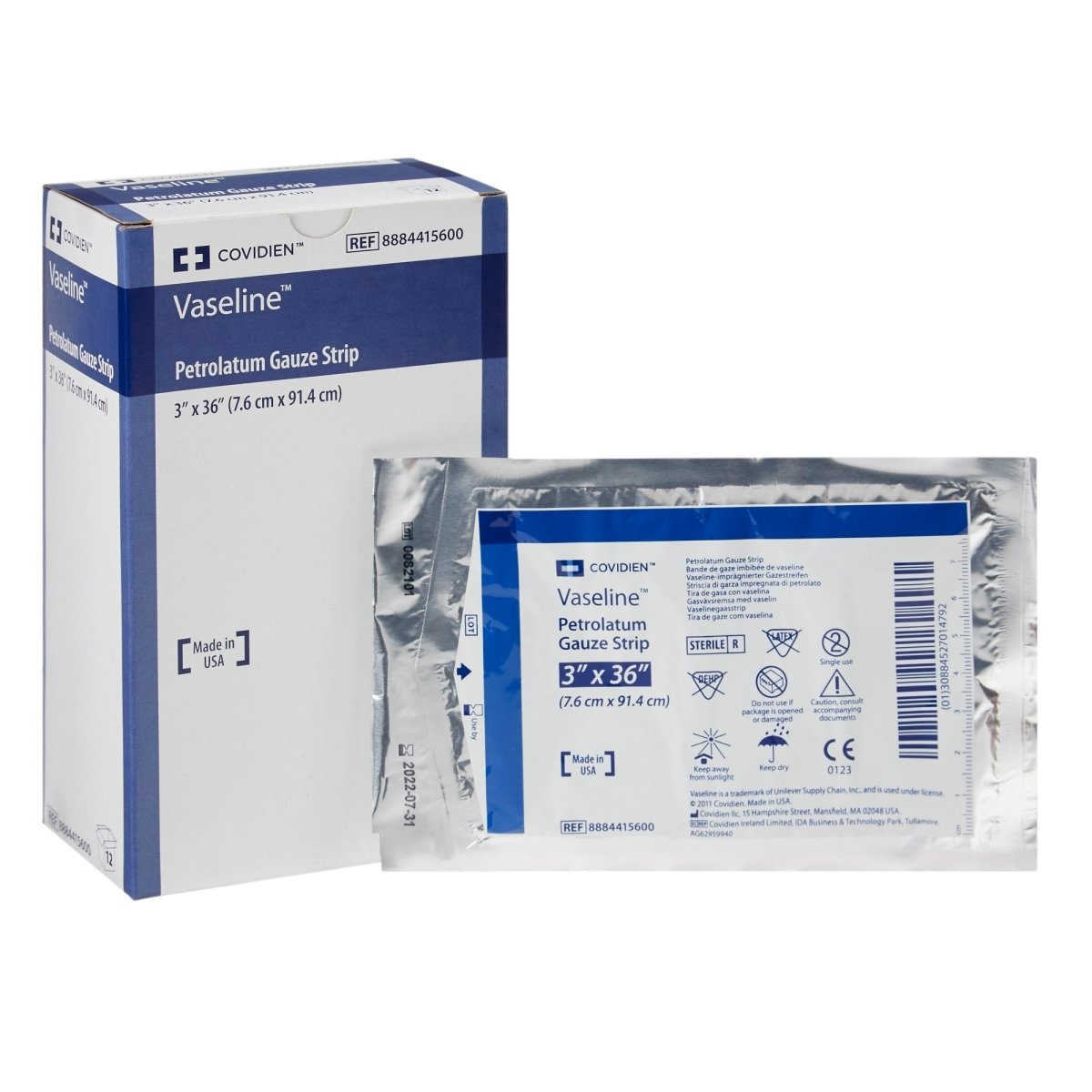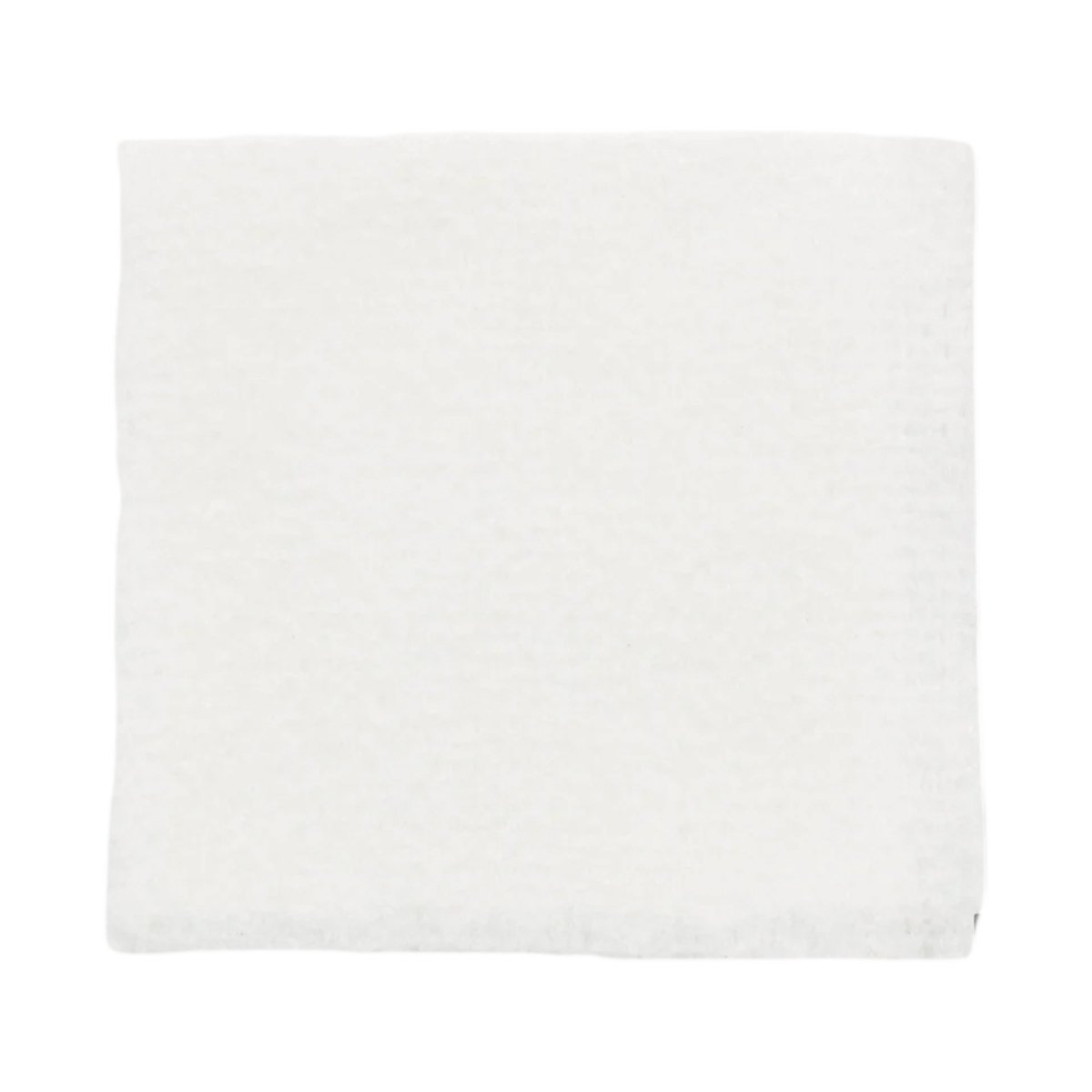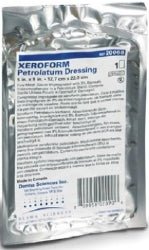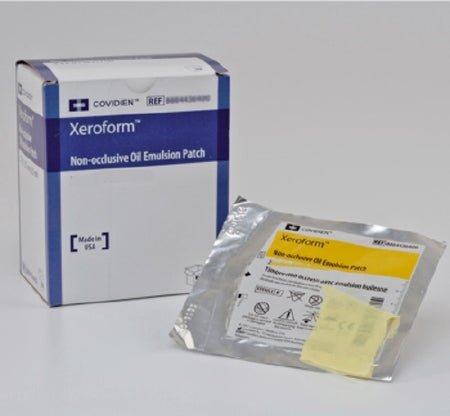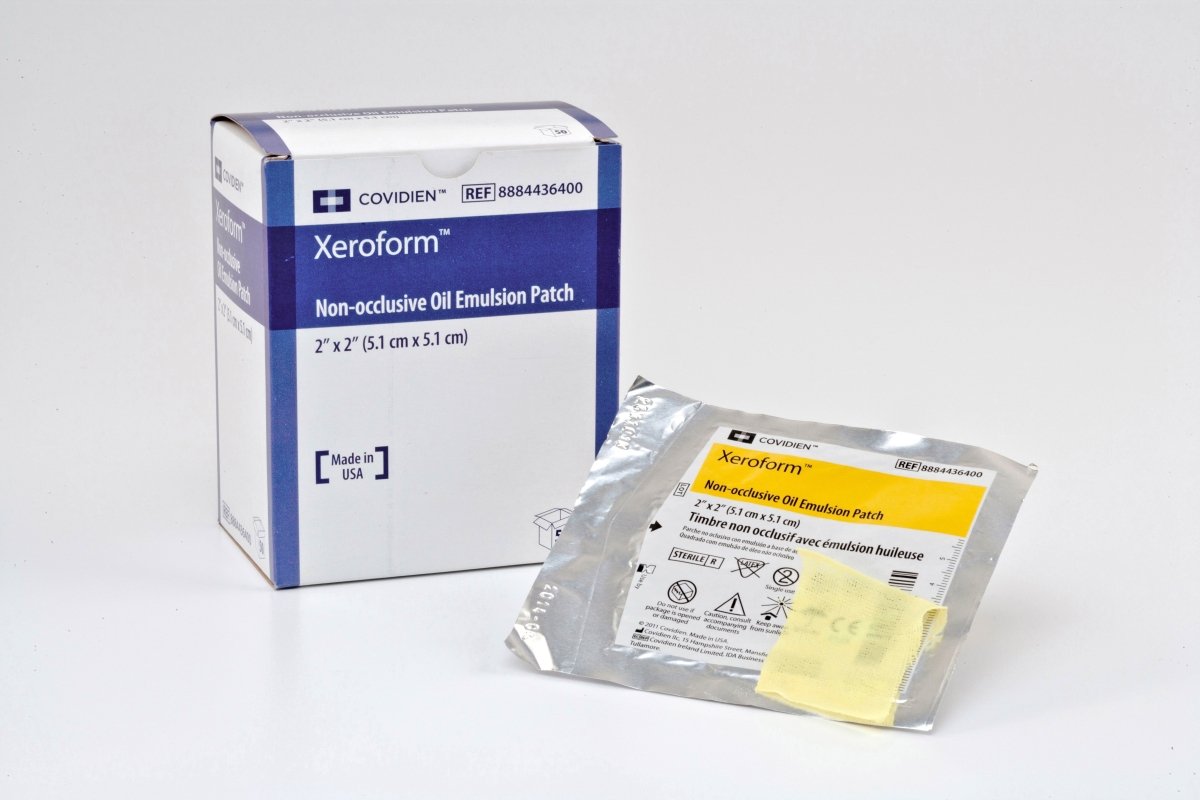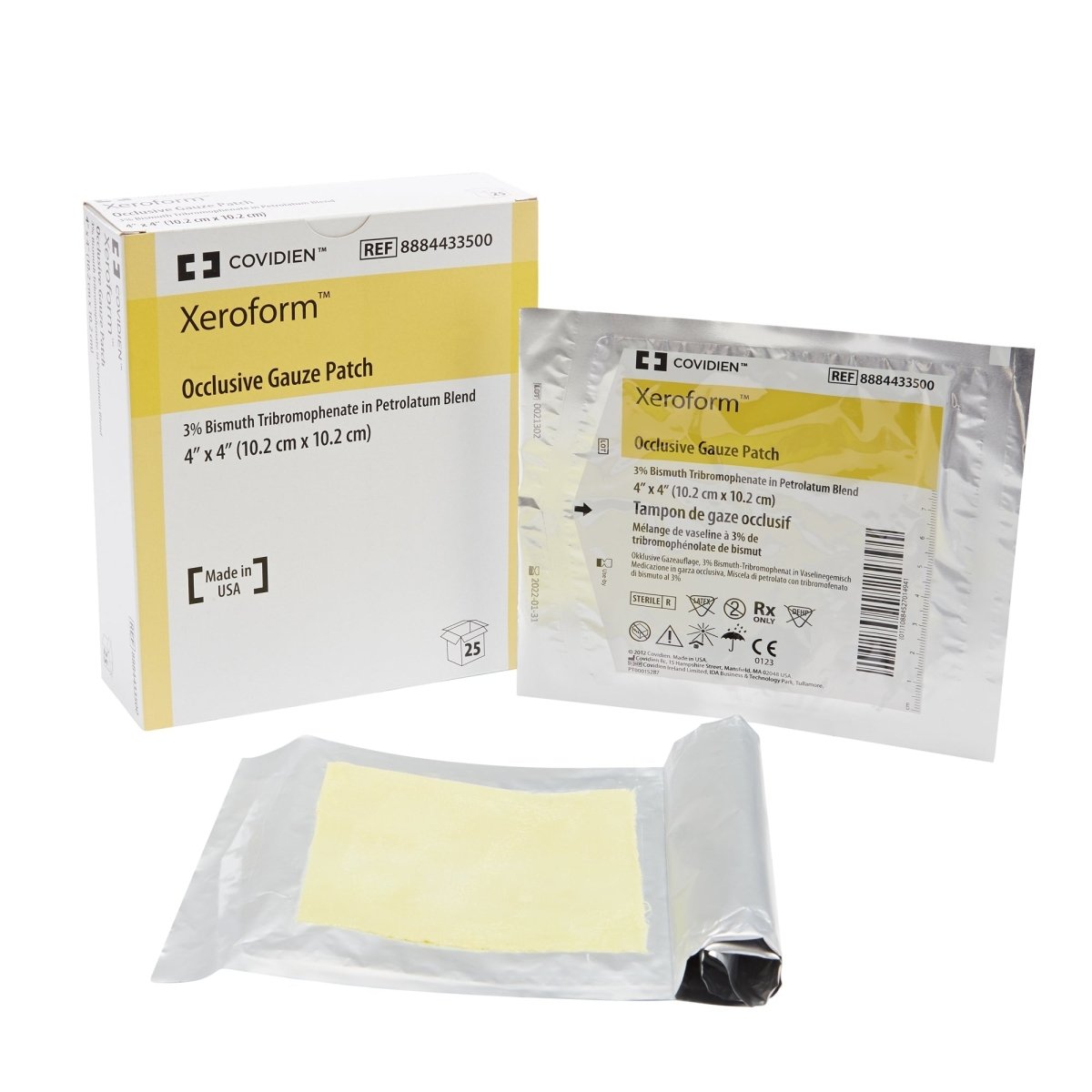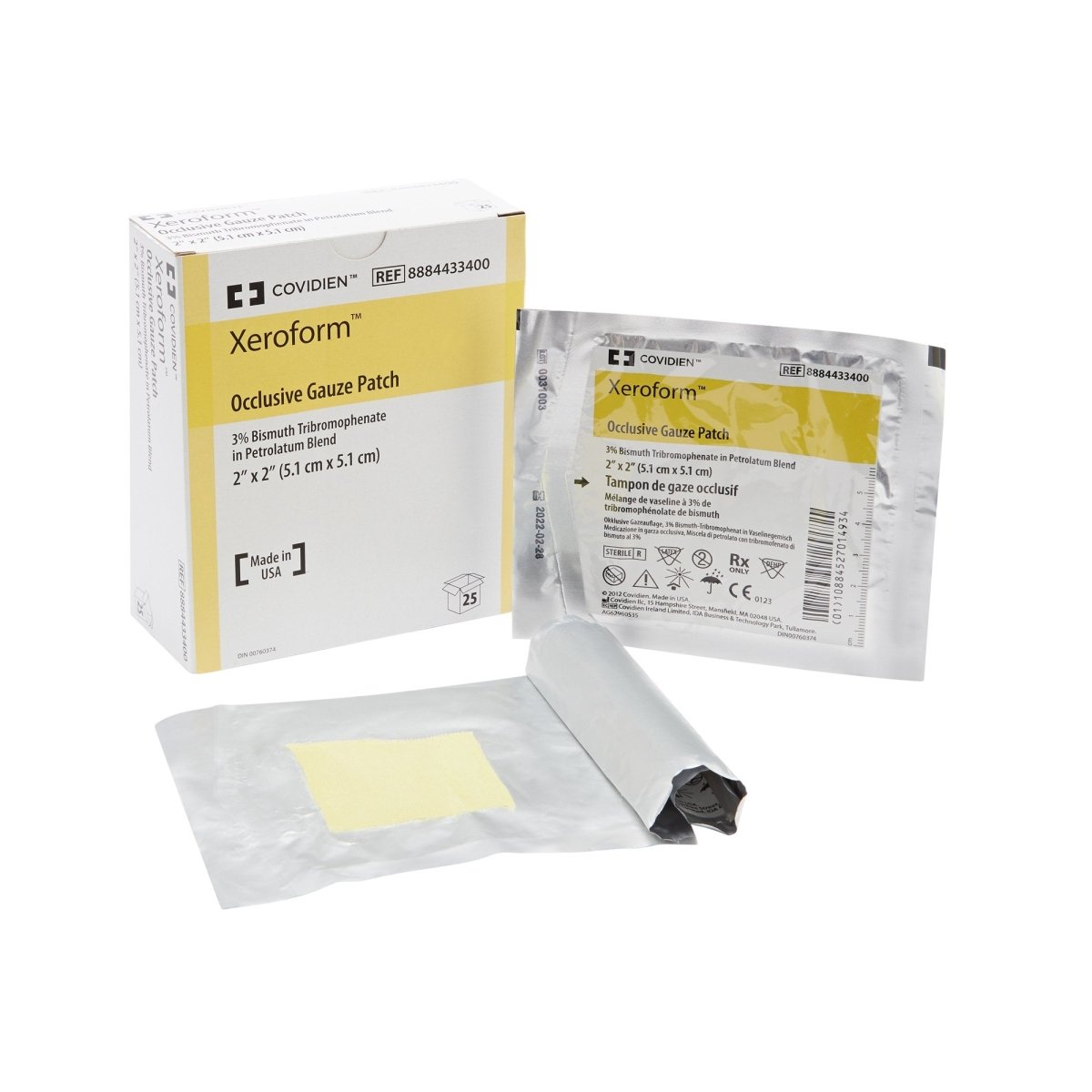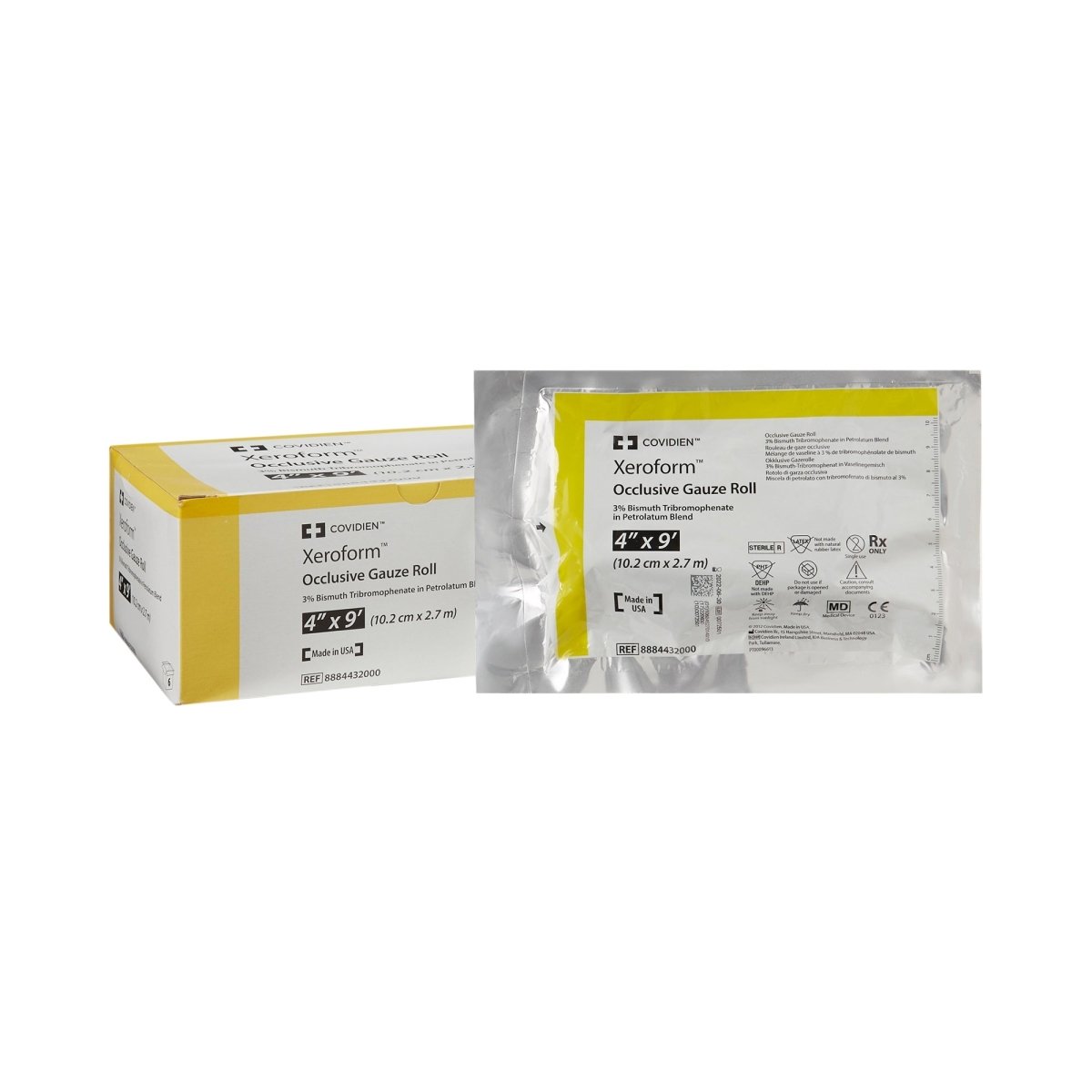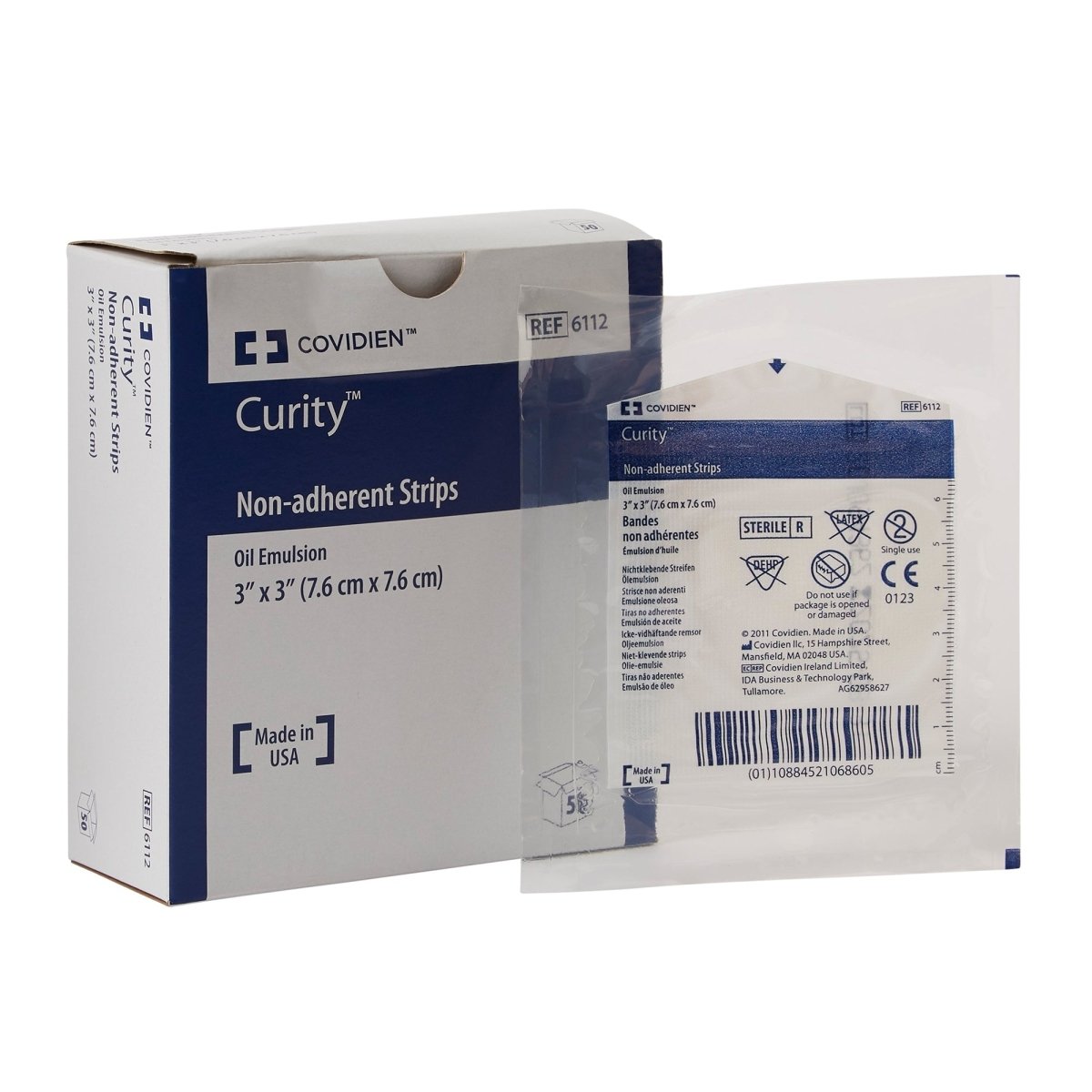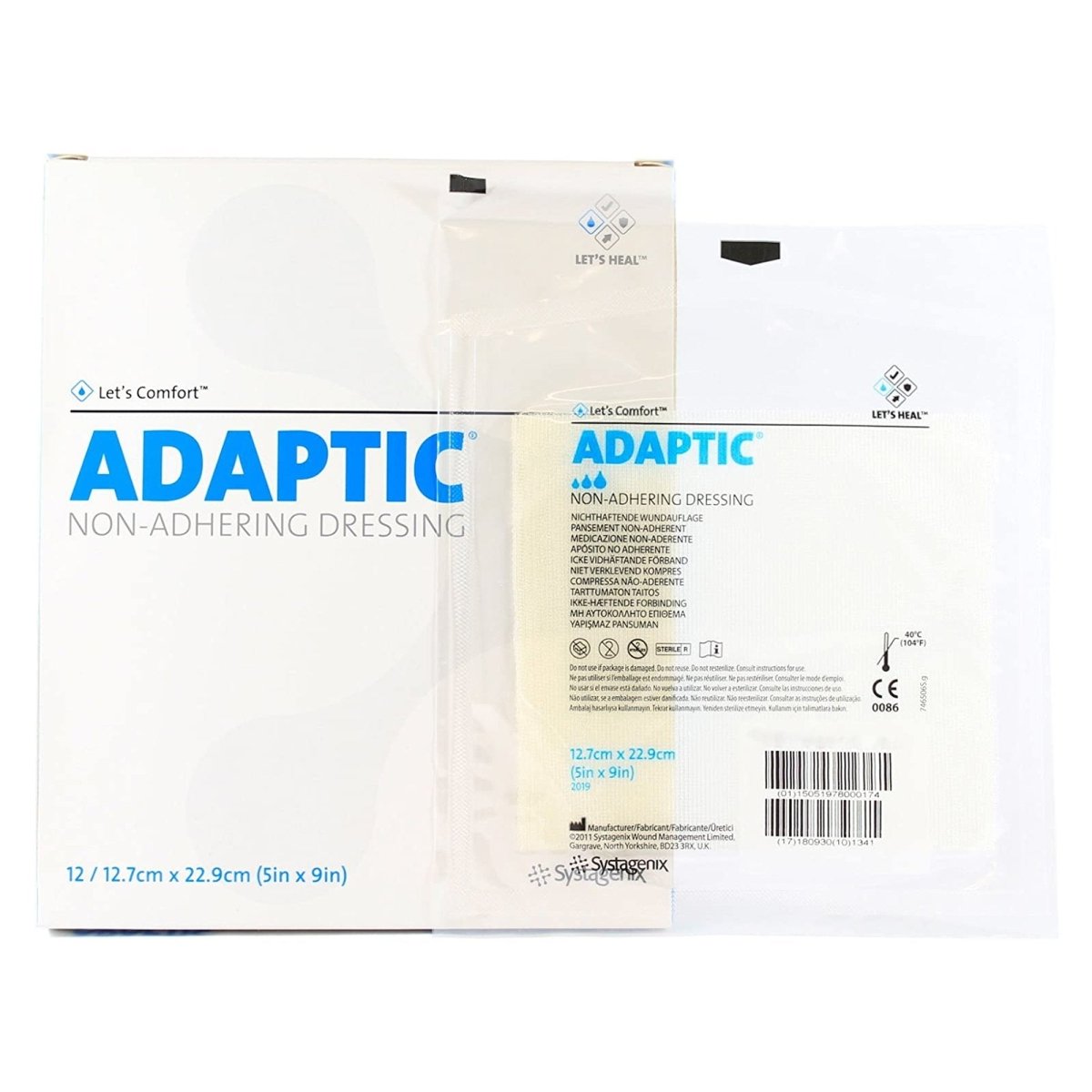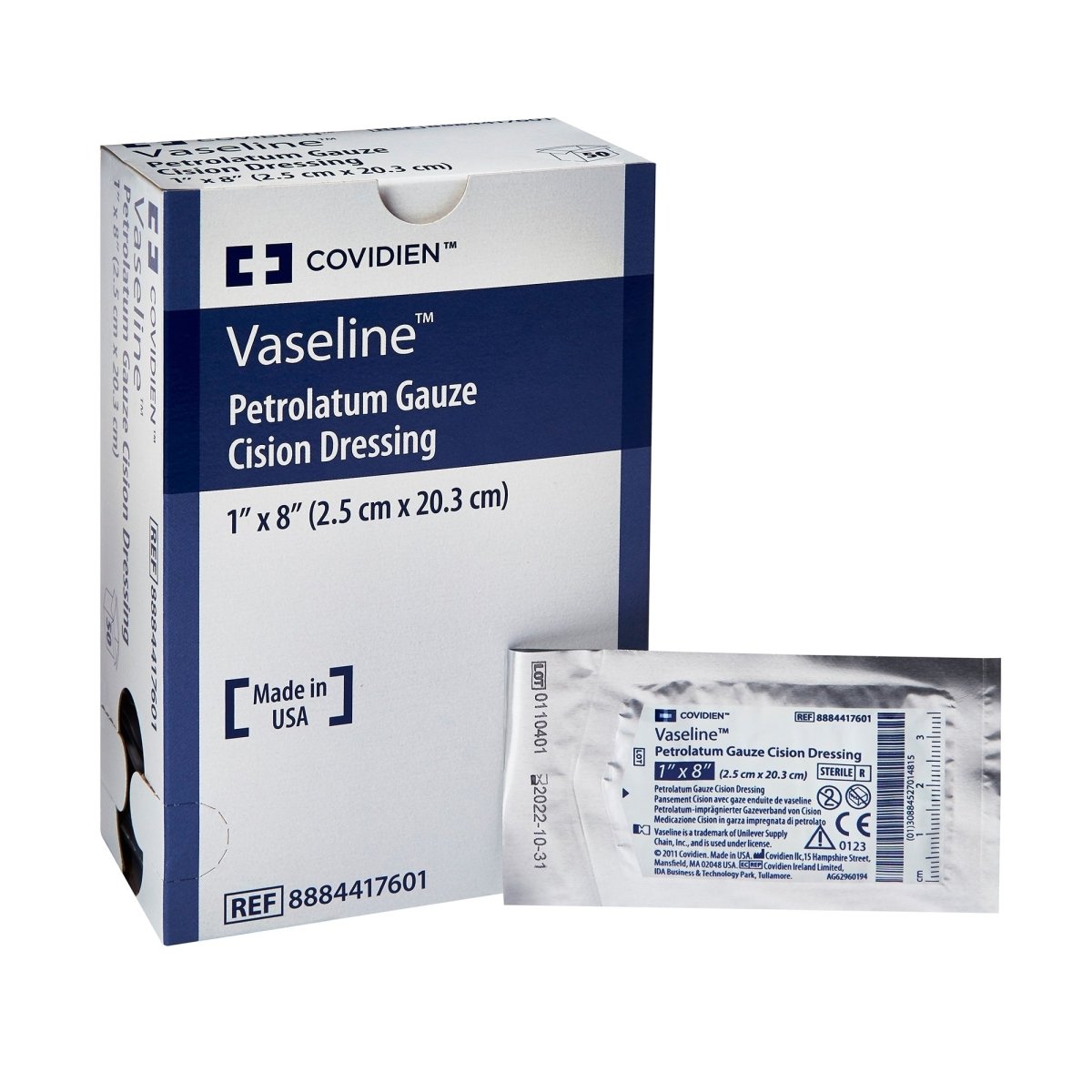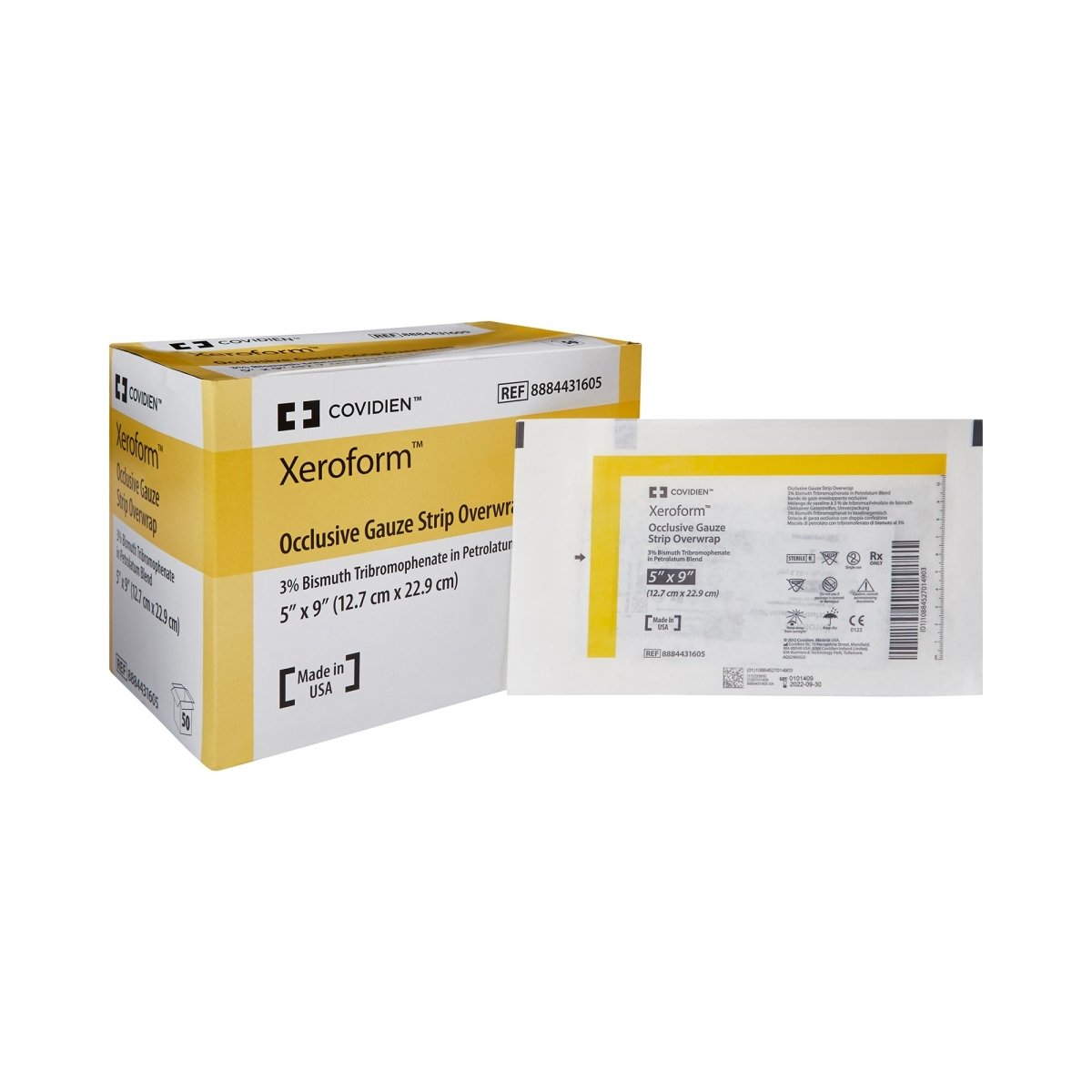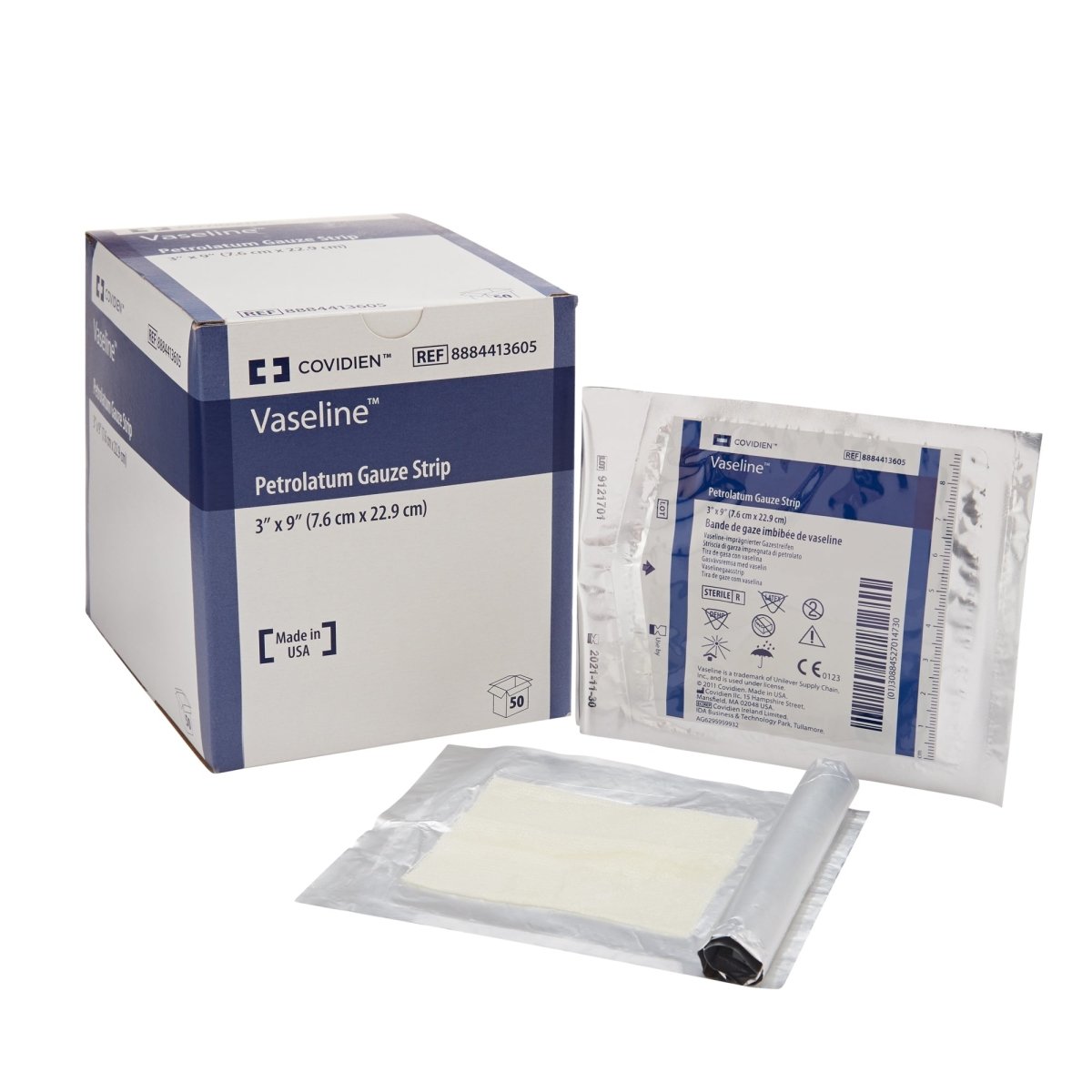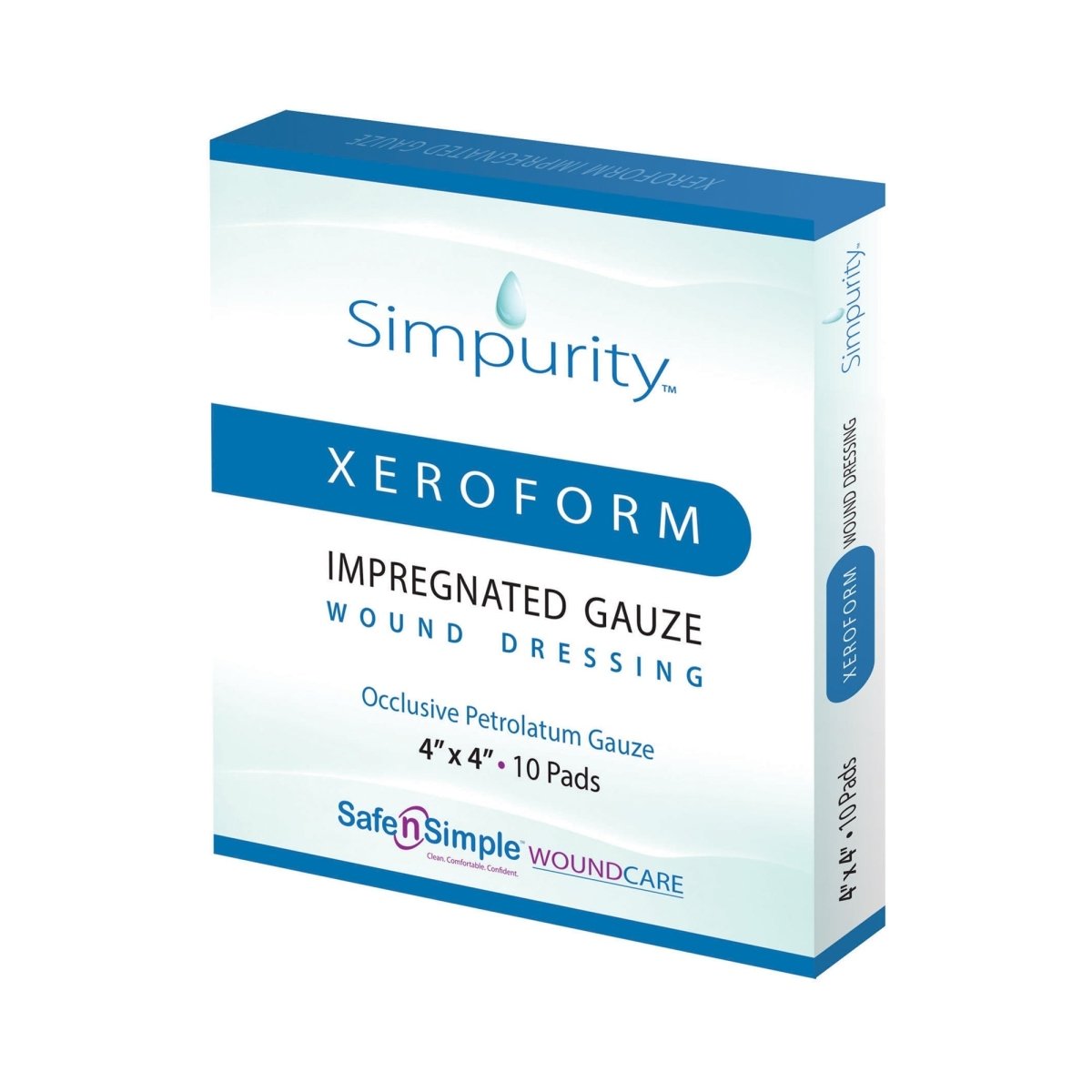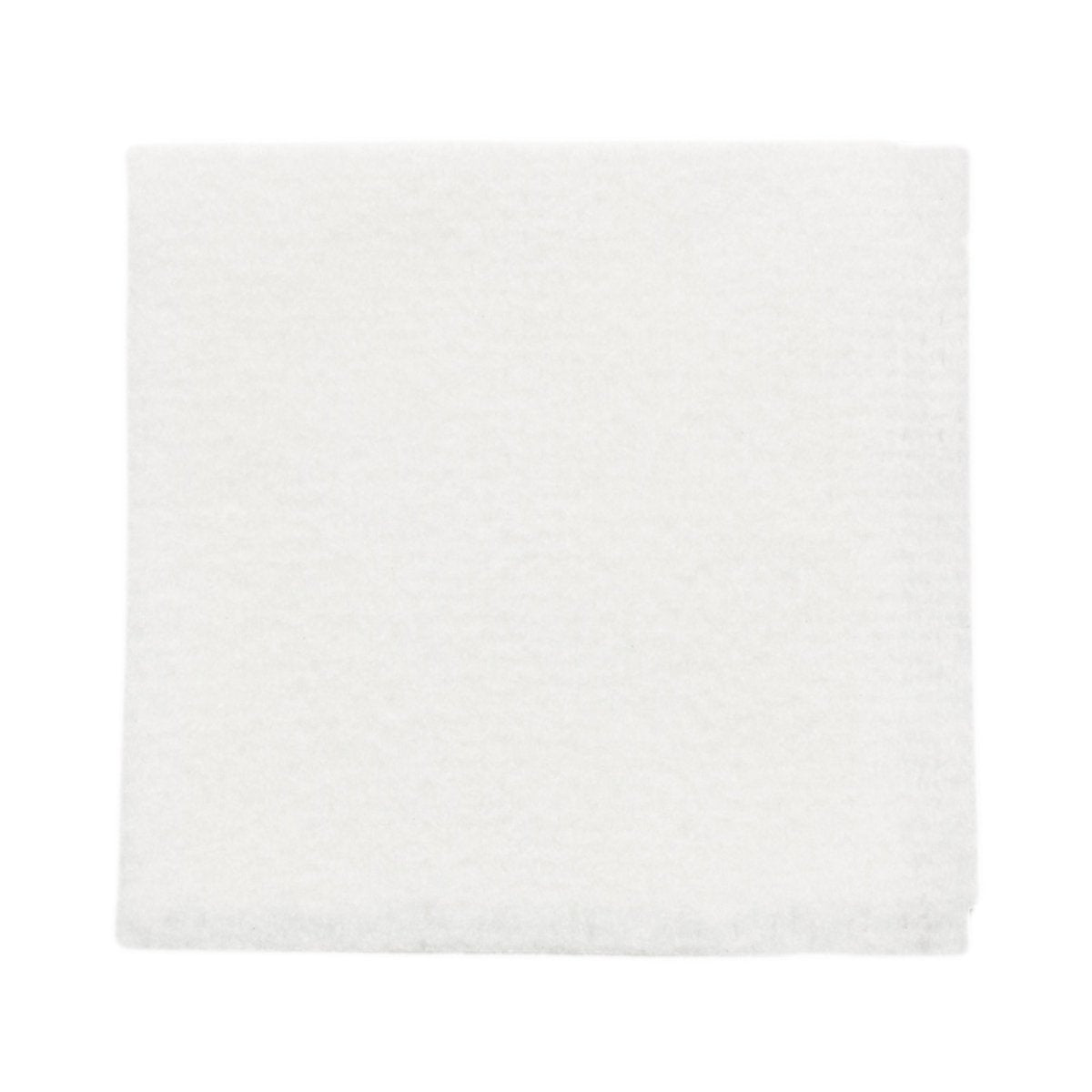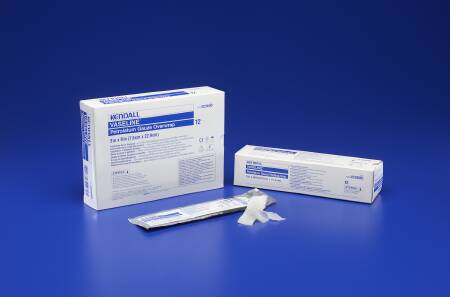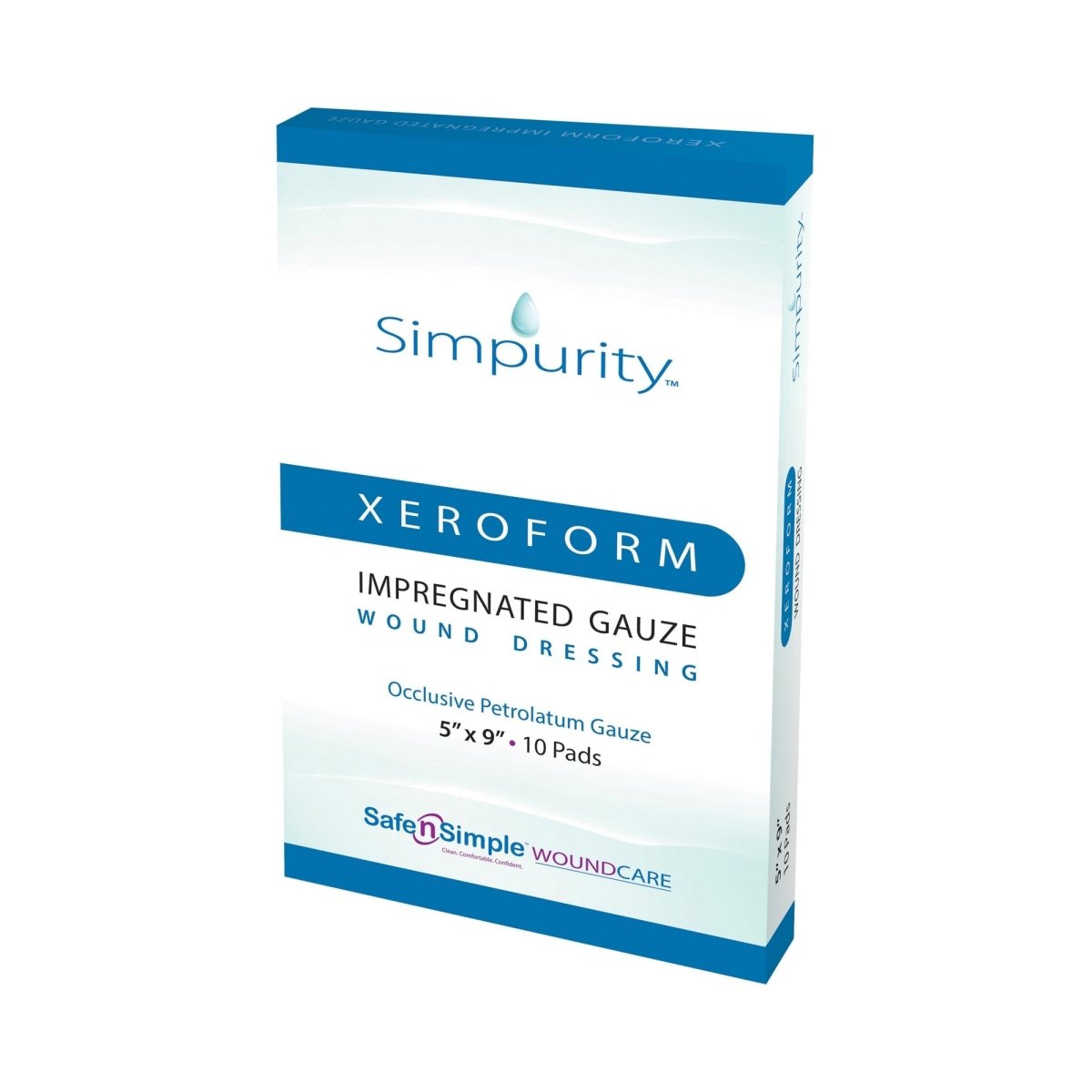Shop our Impregnated Dressings for Wound Care
Impregnated dressings are an important part of wound care management. They provide a barrier to infection, help promote healing, and reduce pain and discomfort.
Some of the benefits of using impregnated dressings:
- Protects the wound from further damage and infection
- Helps to keep the wound clean and free from bacteria
- Reduces pain and discomfort associated with wounds
- Promotes healing by providing a moist environment for the wound
- Can be used on a variety of wounds, including cuts, scrapes, burns, and ulcers
- Easy to apply and remove
Impregnated dressings come in a variety of sizes, shapes, and materials. They can be used on both acute and chronic wounds. It's important to choose the right dressing for your particular wound in order to ensure optimal healing. Consult your physician or healthcare professional to help you make the decision that's right for you.
Frequently Asked Questions about Impregnated Dressings
Do you still have questions about Impregnated Dressings?
If we still haven't answered your question, you can contact us by phone or email and we will get back to you as soon as possible.

